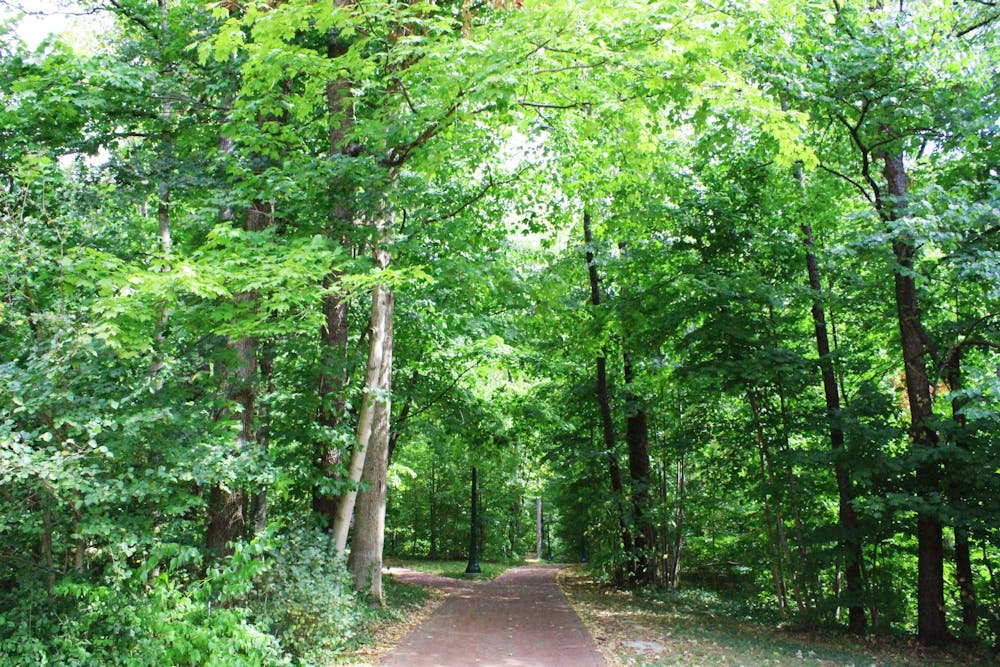When I first arrived in Bloomington from Zambia last December, I was shocked to see trees without flowers or leaves. In Zambian weather, our trees have leaves all year because it has a tropical and subtropical climate.
I remember thinking, “What have they done to the trees here in America?”
My friends told me the leaves would come back one day. Whenever I walked through campus during the first weeks of this semester, I’d check and look for the leaves. Nothing.
I woke up one day in April to find tender colorful petals on trees in different colors — pink, white, purple and red. It was magical. One day the trees were gloomy, and the next they were blossoming with the brightest colors.
I love this fascinating pattern of the trees: total death followed by sudden bloom. However, this pattern too might be threatened by climate change.
Spring is measured by the appearance of the first tiny leaves on the trees and the first crocus plants peeping through the snow. According to the USA Phenology Network, in parts of Kansas, Tennessee, Missouri, Illinois and Indiana, spring came days to even weeks early this year.
Mallory Barnes, assistant professor of Environmental Informatics in the O’Neil School of Public and Environmental Affairs, said she worries for the future of the insects such as bees that depend on the flowers in Bloomington.
“Spring is coming earlier in general, and trees know when to bloom because of the temperature. And since it’s warmer, trees are blooming faster,” Barnes said. “Even though spring is coming earlier, the day of the last frost is not coming earlier, and that means sometimes the flowers come out, but then there’s a frost.”
Barnes said the frost can kill flowers that are frost sensitive, which could affect insects dependent on those flowers.
“I am more concerned about the bees and bats and all those animals that depend on the flowers being around at a certain time to survive,” Barnes said. “It’s always a concern when things are changing quickly.”
IU professor Lisa Sideris, who teaches religious studies, has written extensively about environmental ethics and environmental law and also voiced concerns about Bloomington’s plant life adapting to the cold.
“The pink magnolias were destroyed by frost this year and I think last year, and I wonder how much they can adjust to such changes,” Sideris said. “If you walk around Bloomington, you can see that the magnolias were all destroyed. It might not destroy the tree, but if this coming year after year those trees might stop growing here.”
Sideris said individuals should put more pressure on their leaders and put in place legislation to bring about systemic change.
“There’s lots of things that individuals can do to avoid climate change like lifestyle changes,” Sideris said. “I think people should drive less, but I also think that the main thing is changing the system. That means political engagement, it means the kind of legislation that Biden is trying to put forward right now in rejoining the climate accord because there’s only so much that individuals can do.”






